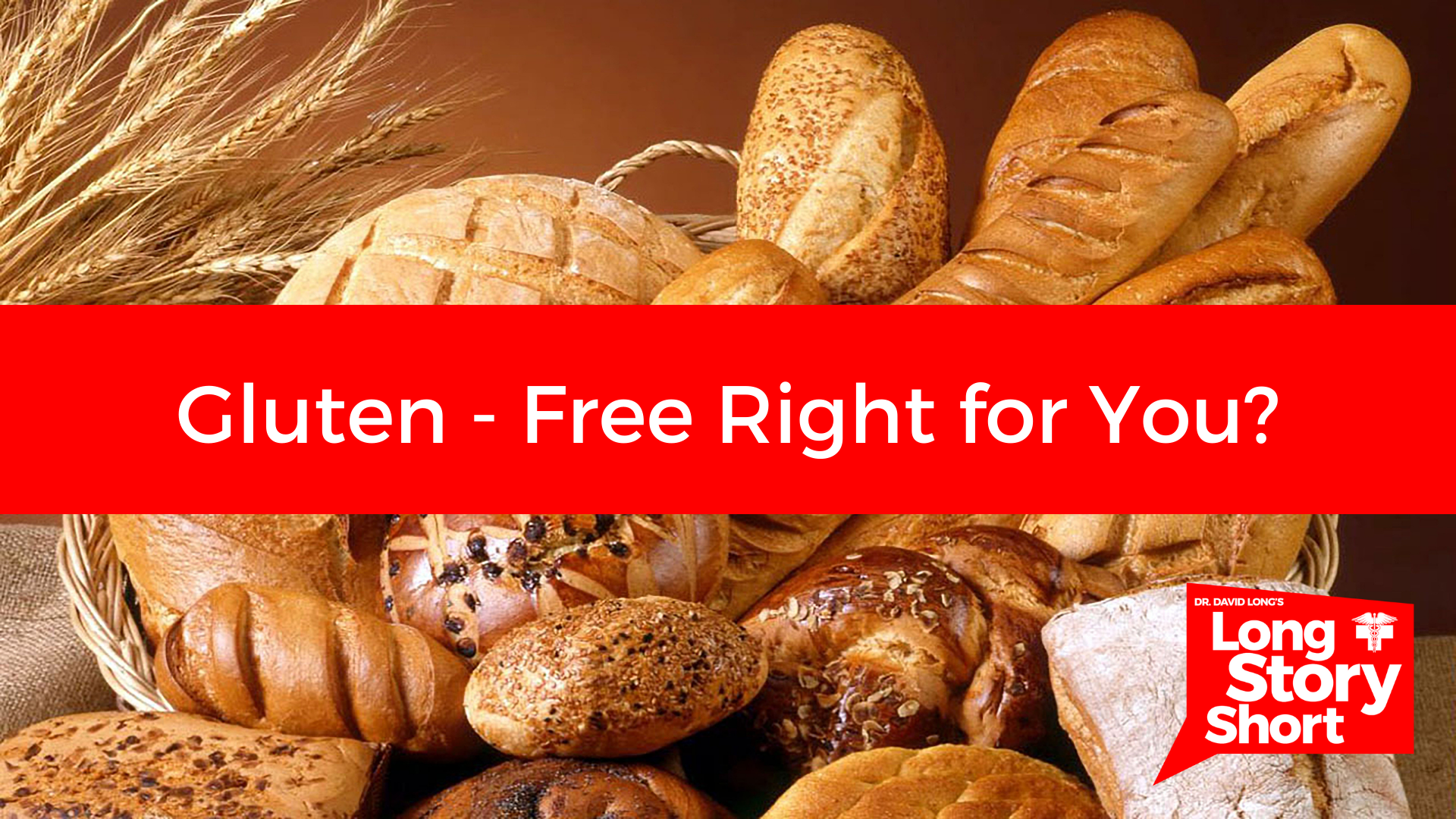Gluten-Free Right For You? Summary
• Deciding to go gluten-free is a major lifestyle change, as gluten can be found in many everyday foods.
• A true gluten-free diet eliminates all foods containing gluten, so no bread, pasta, cereal, etc.
• Unless diagnosed with celiac disease or non celiac gluten sensitivity, it’s probably unnecessary to adopt this restrictive and potentially costly diet.
• If symptoms of either condition are present, consulting a doctor and being tested is advised; if confirmed positive, the only way to manage the condition is by going strictly gluten-free.
Full Text
Deciding to go gluten-free is a big decision. It’s not a fad diet. It’s a lifestyle change, and it’s not an easy one. Gluten is in a lot of the foods we eat on a daily basis, which means totally eliminating it from your diet requires a lot of effort and dedication.
A gluten-free diet is exactly what it sounds like, a diet that does not include any foods containing gluten. This means no bread, no pasta, no cereal, nothing that has even trace amounts of gluten in it.
For many people, this also means giving up some of their favorite foods, but is a gluten-free diet right for you if you don’t have celiac disease or non celiac gluten sensitivity, probably not. A gluten-free diet is restrictive and can be expensive.
There’s no reason to put yourself through that unless you have to. You also might be cutting yourself off unnecessarily from nutrients your body needs, but if you think you might have celiac disease or non celiac gluten sensitivity, talk to your doctor about being tested for these conditions.
If you’re diagnosed with either condition, following a strict gluten-free diet is the only way to manage your symptoms and protect your health long-term.
I’m Dr. David Long, that was the long story short.




 and then
and then